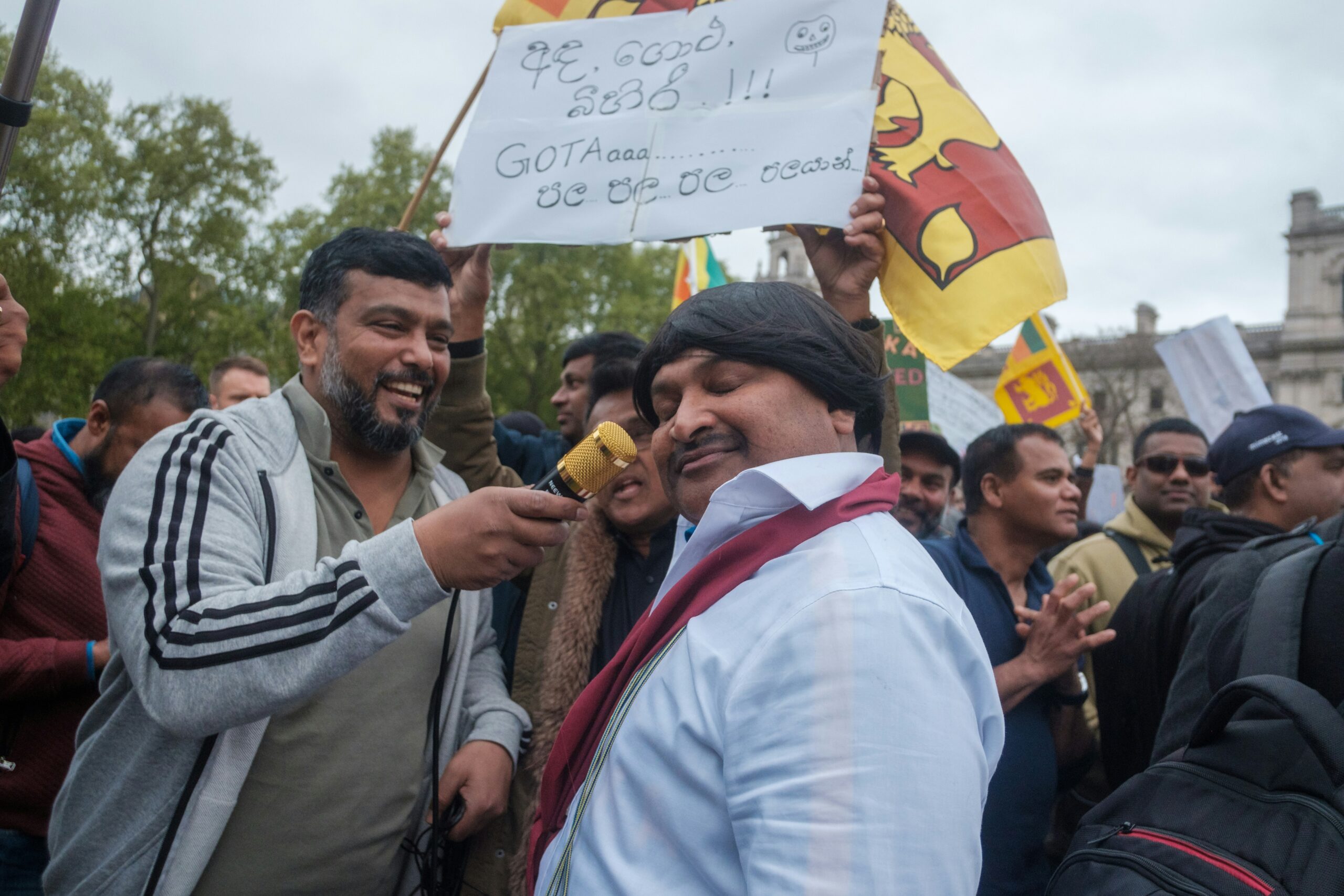
Bolivia is poised for a significant political transition as it prepares for a presidential run-off between centrist Rodrigo Paz and conservative Jorge Quiroga. This election follows the end of a two-decade-long era dominated by the Movement for Socialism (MAS), signaling a potential shift in the South American nation’s political landscape.
Key Facts
- With over 91% of the votes counted, Rodrigo Paz leads with 32.8% of the vote.
- Jorge Quiroga, a conservative figure and former interim President, trails with 26.4%.
- The run-off is scheduled for October 19, due to no candidate achieving the necessary majority for an outright win.
Background
The election results so far indicate a departure from the MAS party’s long-standing rule, which has been a dominant force in Bolivian politics since 2005. The MAS was notably led by Evo Morales until 2019, and then by Luis Arce. Both Morales and Arce have been pivotal figures, but internal divisions and economic challenges have led to a decreased influence in this election cycle.
The election featured eight presidential candidates ranging from the far-right to the political left, with pre-election polls inaccurately predicting the outcomes. Surprisingly, Rodrigo Paz, who was initially not among the frontrunners, emerged as the leading candidate, showcasing the unpredictable nature of this election.
What We Know
Al Jazeera’s Latin America editor Lucia Newman, reporting from Santa Cruz de la Sierra, highlighted the unexpected rise of Paz, who was polling between fourth and fifth place before surging ahead in the election. Paz, representing the Christian Democratic Party (PDC), is seen as more centrist compared to his father, former President Jaime Paz.
The run-off was necessitated as no candidate secured the required 50% of votes, or 40% with a 10-point lead. The final official results are expected within seven days from the election day.
Official Reactions
The electoral atmosphere in Bolivia has been tense, with significant public interest in the outcomes. While official statements from the candidates’ camps are pending, the electoral process has been closely monitored both domestically and internationally.
What’s Next
The upcoming run-off election will not only decide the next President of Bolivia but also shape the future political and economic direction of the country. Voters will also elect all 26 senators and 130 deputies, with the new officials scheduled to assume office on November 8.
In the backdrop of this election is Bolivia’s spiraling economic crisis, characterized by high inflation and significant shortages of essential goods. The outcome of this run-off will be crucial in determining how Bolivia addresses these pressing challenges.
As Bolivia stands at a political crossroads, the international community remains keenly interested in how the nation navigates this transition from a long period of socialist governance to a potentially new political era.